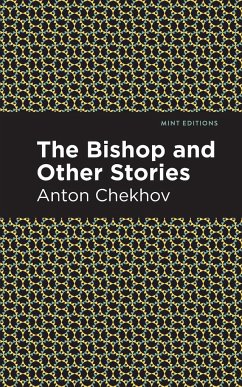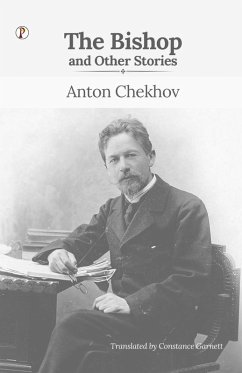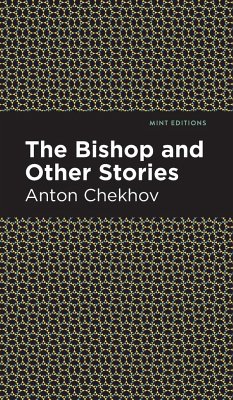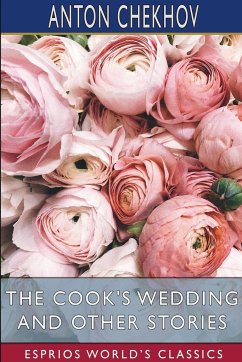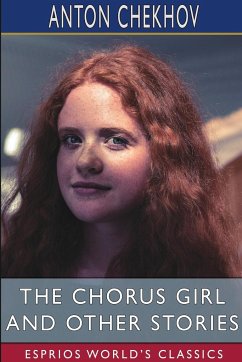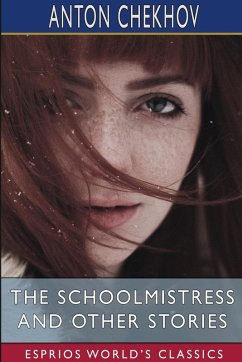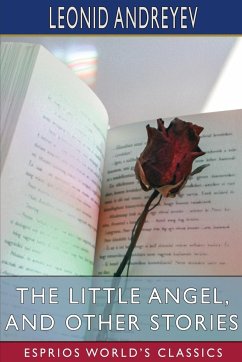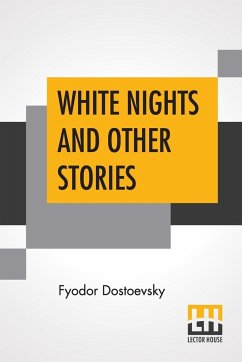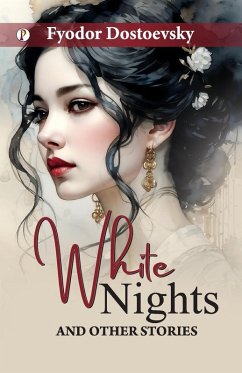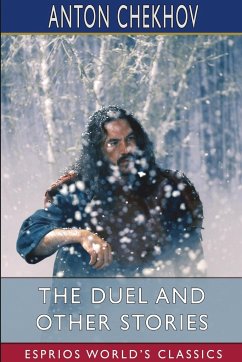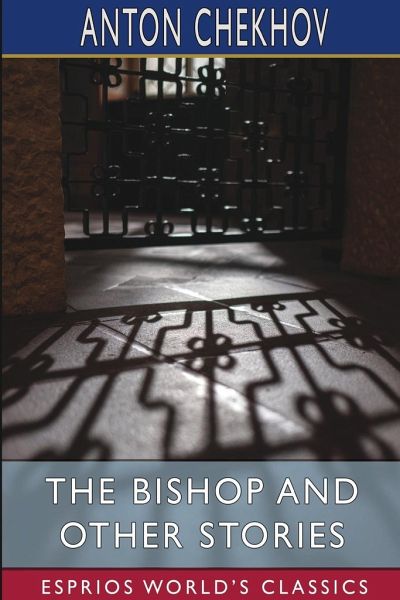
The Bishop and Other Stories (Esprios Classics)
Translated by Constance Garnett
Versandkostenfrei!
Versandfertig in 1-2 Wochen
30,99 €
inkl. MwSt.
Weitere Ausgaben:

PAYBACK Punkte
15 °P sammeln!
Anton Pavlovich Chekhov (1860-1904) was a Russian short story writer and a playwright. His playwriting career produced four classics, while his best short stories are held in high esteem by writers and critics. Chekhov practiced as a doctor throughout most of his literary career: "Medicine is my lawful wife, " he once said, "and literature is my mistress". Chekhov renounced the theatre after the disastrous reception of The Seagull in 1896; but the play was revived to acclaim by Constantin Stanislavski's Moscow Art Theatre, which subsequently also produced Uncle Vanya and premiered Chekhov's la...
Anton Pavlovich Chekhov (1860-1904) was a Russian short story writer and a playwright. His playwriting career produced four classics, while his best short stories are held in high esteem by writers and critics. Chekhov practiced as a doctor throughout most of his literary career: "Medicine is my lawful wife, " he once said, "and literature is my mistress". Chekhov renounced the theatre after the disastrous reception of The Seagull in 1896; but the play was revived to acclaim by Constantin Stanislavski's Moscow Art Theatre, which subsequently also produced Uncle Vanya and premiered Chekhov's last two plays, Three Sisters and The Cherry Orchard. His originality consists in an early use of the stream-of-consciousness technique combined with a disavowal of the moral finality of traditional story structure.





